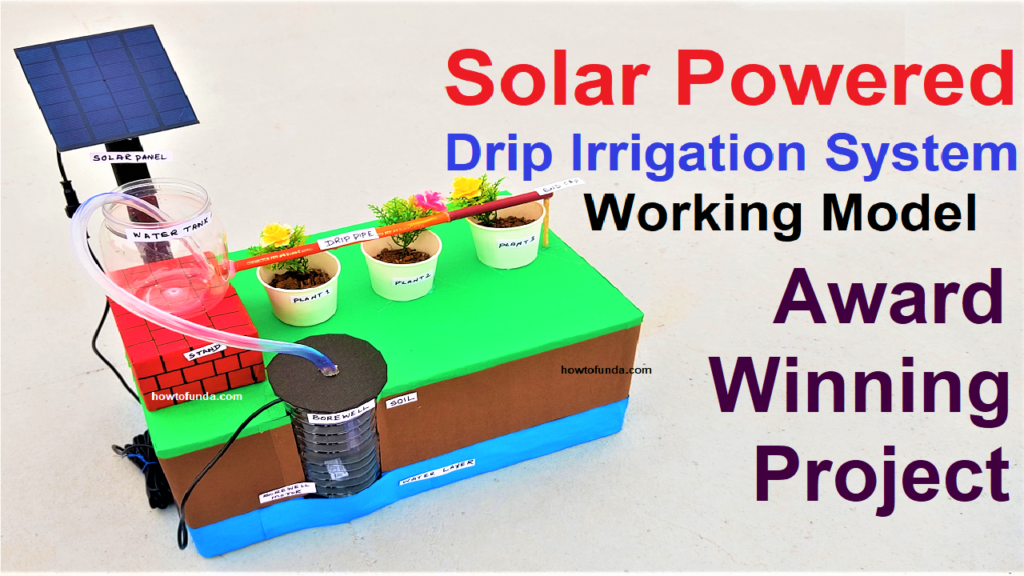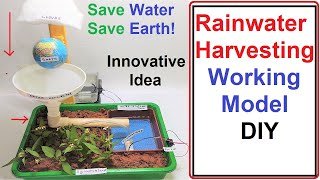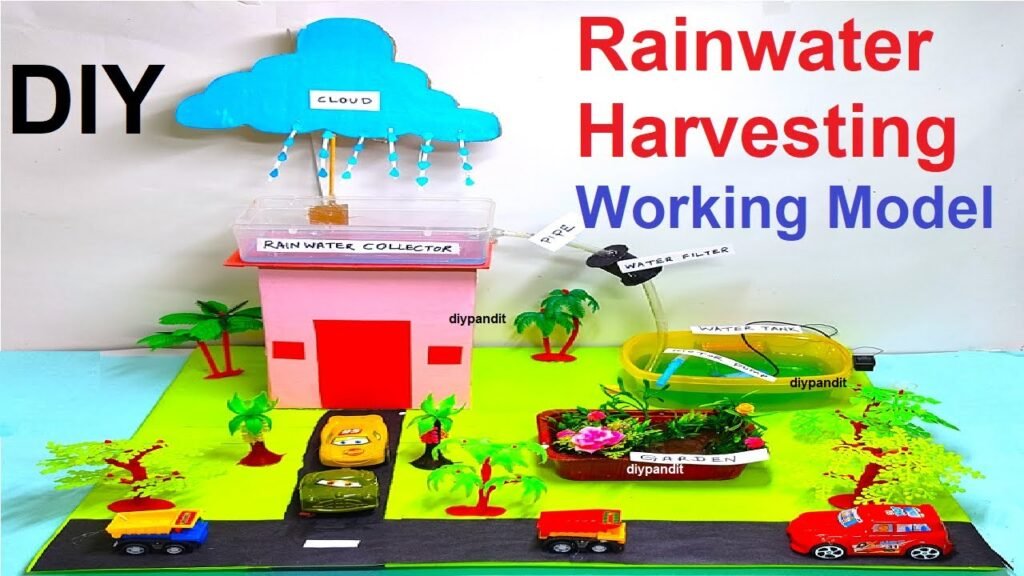Introduction:
Ladies and gentlemen, esteemed judges, and fellow champions of environmental conservation,
Today, I am honored to present a science project that delves into the precious resource that sustains all life on Earth – water.
As we gather here at this science exhibition, let us embark on a journey to understand the science behind water conservation, its profound importance for our planet, and the urgent need to take action to save water for future generations.

The Essence of Water:
Water is often called the elixir of life, and for good reason. It is the fundamental building block of all living organisms, essential for human survival, agriculture, industry, and countless ecosystems.
The Science of Water Conservation:

- The Water Cycle: Earth’s water is in a constant cycle of evaporation, condensation, and precipitation. Understanding this cycle is crucial to managing water resources sustainably.
- Watershed Management: Watersheds are areas of land where all the water drains into a common water body. Sustainable management involves protecting these areas to maintain water quality.
- Efficient Water Use: Water conservation involves using water efficiently in our homes, industries, and agriculture to reduce waste.
- Rainwater Harvesting: Capturing and storing rainwater for various uses is a sustainable practice that reduces reliance on freshwater sources.
- Wastewater Treatment: Treating and recycling wastewater can reduce the strain on freshwater sources and protect the environment.
The Significance of Water Conservation:
- Water Scarcity: Many regions around the world face water scarcity due to over-extraction, pollution, and climate change, making conservation critical.
- Ecosystem Health: Conservation efforts protect freshwater ecosystems, aquatic life, and the biodiversity that relies on healthy water sources.
- Food Security: Agriculture is the largest consumer of freshwater. Sustainable water practices ensure food security by preserving water for crops and livestock.
- Climate Resilience: Conserving water helps build resilience to climate change, as freshwater resources become more unpredictable.
Challenges and Opportunities:
Challenges in water conservation include water pollution, inefficient water use, and the lack of infrastructure for wastewater treatment.
However, opportunities for change abound through technological advancements, policy improvements, and individual actions.
Our Role in Saving Water:
- Responsible Consumption: Conserve water in our daily lives by fixing leaks, using efficient appliances, and reducing water waste.
- Education: Educate ourselves and others about the importance of water conservation and sustainable water practices.
- Advocacy: Advocate for policies and practices that protect water resources and promote sustainable management.
Conclusion:
In conclusion, saving water is not just a science project; it is a moral imperative. It recognizes that water is a finite and precious resource that must be managed responsibly to ensure a sustainable future.

As we explore the science of water conservation, let us be inspired by the simple truth that every drop saved today contributes to a more secure and sustainable tomorrow.
Let us embrace the principles of water conservation, advocate for responsible water use, and work towards a future where clean and abundant water is a shared reality for all.
Thank you for joining me on this journey to understand the science and significance of saving water and the crucial role we all play in preserving this essential resource for generations to come.

